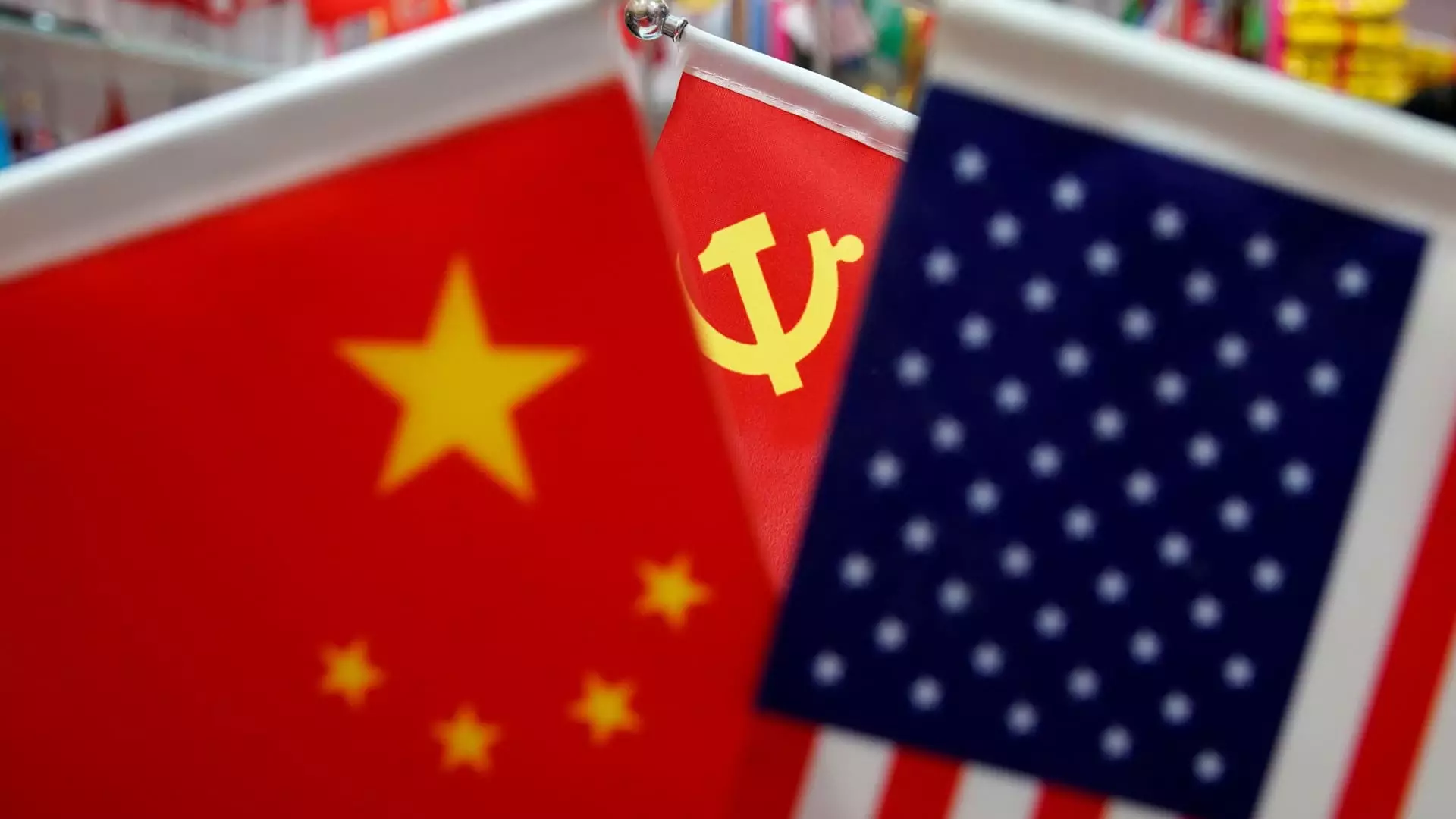In the wake of Donald Trump’s ascension to the presidency, Chinese officials have voiced a clear preference for collaborative engagement with the United States. The Ministry of Commerce’s spokesperson, He Yongqian, articulated this sentiment, emphasizing mutual respect and win-win outcomes as the foundation for constructive dialogue. Such statements signal China’s proactive approach to navigate an evolving relationship with the U.S. that is fraught with potential economic tension.
The remarks from Chinese officials come in the midst of intensified trade discussions, particularly as Trump has suggested the imposition of new tariffs on Chinese imports. Trump’s previous term was marked by a confrontational stance towards China, resulting in a complex web of trade disputes. With incoming leadership that shows signs of continuity in policy direction, the apprehension surrounding tariffs coupled with the economic relationship hangs heavily on both nations.
Economists like Yue Su from the Economist Intelligence Unit anticipate that the implementation of further tariffs may occur in the near future, particularly in the first half of the upcoming year. This uncertainty is exacerbated by the considerations of legal frameworks, such as the International Emergency Economic Powers Act, which potentially grants the president significant authority to impose tariffs, a detail noted by observers closely tracking U.S.-China relations.
While some analysts predict a broad rise in tariffs, counter-arguments provide a counterbalance to this outlook. David Chao from Invesco argues that while the tariff proposals might appear alarming, the reality on the ground may be more tempered. Tactically, he suggests that the Biden administration may leverage tariffs not as an end but as a means to extract concessions, hinting at a nuanced approach whereby trade measures are used as bargaining tools.
The discourse surrounding tariffs encompasses not only economic metrics but geopolitical considerations as well. Concessions may involve increased agricultural purchases or strategic alignments and partnerships, reflecting the multifaceted nature of modern international relations. Here, the impact of tariffs extends beyond mere economics, influencing diplomatic ties and domestic policies within both countries.
Moving forward, the trajectory of U.S.-China economic relations appears to be one characterized by required adjustments and strategic recalibrations. As China seeks to affirm its position in the global economy, the call for stable, healthy bilateral trade relations signals a recognition of the interconnectedness that has emerged in recent decades.
Both nations stand at a crossroads, where cooperation could pave the way for shared benefits. However, this dynamic is precarious, hinging on both sides’ ability to communicate effectively and navigate their differences. The coming months will undoubtedly be crucial, as tariffs and international negotiations set the stage for what could be a new chapter in China-U.S. relations, one that hinges on mutual respect and economic pragmatism.

